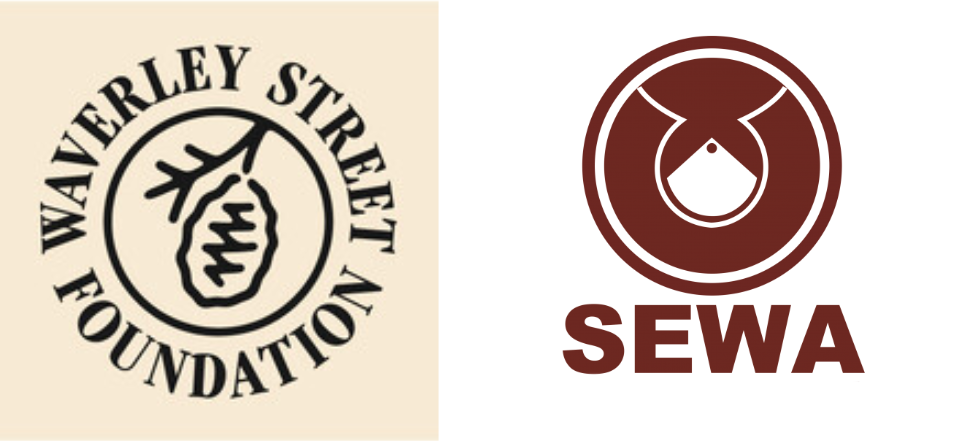Climate Resilience for Informal Women Workers
Program Supporter: The Waverley Street Foundation
Implementing Partners: Self Employed Women’s Association (SEWA)

Climate change is no longer a distant reality; its repercussions are already being felt by people across the globe today. Over the last year, India experienced terrifying cyclones, extreme flooding, and some of the hottest temperatures on record. The intensifying impacts of global warming are now increasingly becoming evident, with the worst sufferers being the working poor. Informal sector workers are disproportionately affected as they are ill-prepared to handle such economic and financial shocks. Workers are experiencing decreased work efficiency and efficacy under extreme temperatures, a temporary loss of income, increasing loss of products due to extreme exposure, reduced access to essential groundwater for livestock and framing, and heightened health risks. While green technology and innovations exist that would counter the impacts of climate, SEWA members find it challenging to access finance from the formal financial system to finance these expenses because they do not fit the traditional credit profiles considered creditworthy by lending institutions.
SEWA developed a Climate Livelihood Recovery Fund for Women (CLRFfW) to improve climate resilience, create economic opportunities for members, and scale up members’ enterprises. The fund serves as a contingency fund to provide immediate support in the event of a calamity and assist with recovery and stabilization. The fund plays a pivotal role in bringing members and the social enterprises into the mainstream economy by offering a credit and risk mitigation system to then help lenders get comfortable to lend to SEWA members in the ordinary course of business.
Through this program, SEWA has promoted the access and use of clean energy initiatives and trained a team of climate entrepreneurs and their members on products and services that aim to rebuild livelihoods, increase their preparedness, and improve their ability to cope with future climate shocks.
